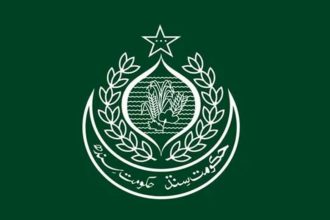On Tuesday, the Economic Coordination Committee (ECC) authorized the Centre to procure an additional 400,000 tonnes of wheat. It also approved importing 200,000 tonnes of urea and granted about Rs144 billion in supplementary funds.
Chaired by Finance Minister Muhammad Aurangzeb, the ECC deferred decisions on supplying subsidized gas to domestic urea producers. Such a measure could potentially increase local production by about 600,000 tonnes.
An official statement confirmed that the ECC increased Passco’s wheat procurement target from 1.4 million to 1.8 million tonnes. This decision follows the Prime Minister’s directive for Passco to purchase an extra 400,000 tonnes from farmers due to the Punjab government’s inaction.
The committee also sanctioned the import of 200,000 tonnes of urea to meet the 2024 kharif season’s demands, as the Ministry of Industries and Production had proposed. This ministry must continuously monitor urea supply and demand and advise the ECC accordingly.
Furthermore, the ECC approved funding for Pakistan Steel Mills workers’ salaries for six months, from January to June 2024. Funds were also released to address K-Electric’s Rs70bn and Azad Jammu and Kashmir’s Rs55bn tariff differential subsidy arrears, aiming to ease liquidity issues in the power sector.
Additionally, the Benazir Income Support Programme received authorization to allocate budget funds for a Special Relief Package for daily wage workers at the Chaman Border.
The ECC approved supplementary grants, including Rs4.8bn for the Pakistan Atomic Energy Commission and Rs5.8bn to settle Earthquake Reconstruction and Rehabilitation Authority liabilities. Also, Rs3.2bn was allocated to the finance division for the World Bank-funded Financial Inclusion and Infrastructure Project.
Lastly, the committee approved Rs162m for the Ministry of Housing and Works to maintain public buildings in Islamabad and Rs2.2bn for the Ministry of Interior to aid temporarily displaced persons from the former Federally Administered Tribal Areas.






